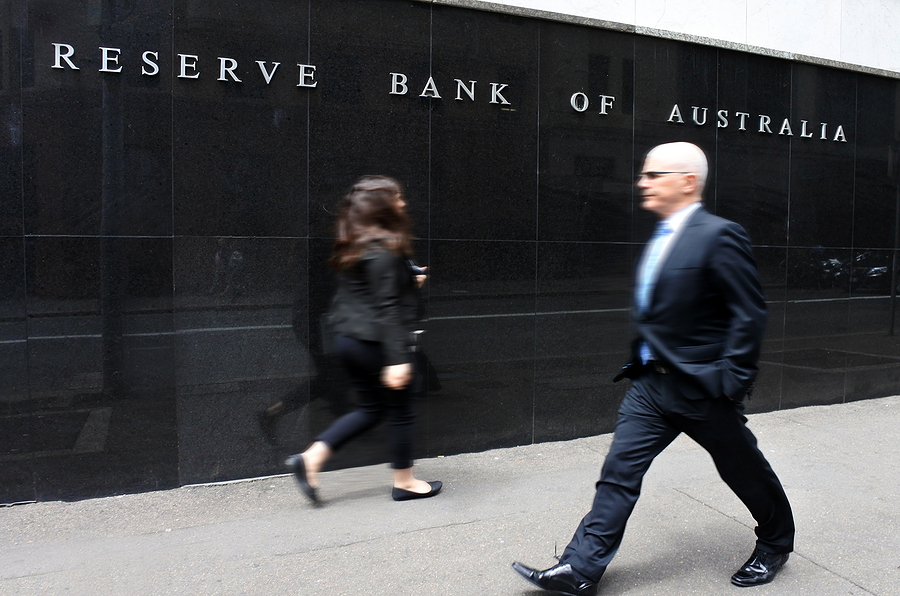The minutes from the Reserve Bank’s November meeting have been released.
KEY POINTS FROM NOVEMBER MINUTES
* The Reserve Bank board considered both a 25 basis point increase and another month on hold at the November meeting. The case to lift the cash rate was deemed the stronger one
* On the international stage, inflation was still the top concern for central banks in advanced economies
* Domestically, inflation is coming down from its peak but underlying inflation was stronger than expected a few months before
* Inflation has been fuelled by price rises for a wide range of consumer goods and services: “There was clear evidence – most notably for services price inflation, which was quite brisk – that this owed to domestically generated pressures associated with aggregate demand exceeding aggregate supply”
* Spending has held up better than had been expected a few months earlier. The rebound in international student and tourist arrivals was supporting demand for consumer-facing firms, partly offsetting the decline in spending by residents
* Mortgage payments increased further over the September quarter to around 10 per cent of household disposable income
* Yet there was a rise in extra payments into offset and redraw accounts in the September quarter, and the share of borrowers drawing down these balances had remained stable over the course of the year
* Board members considered an updated set of economic forecasts prepared by RBA staff at the meeting, which had inflation returning to the “top of the target range only in late 2025, a bit later than had been envisaged in August”
* Members also noted that these forecasts were based on assumptions of another one to two increases in the cash rate over coming quarters, and that productivity growth would recover over the year ahead
* Inflation expectations had also been drifting higher, and staff modelling suggests even a modest further increase would “make it significantly more challenging and costly to return inflation back to target within a reasonable timeframe”
* Fuelling the case for another month on hold was clear signs of a slowing economy and the risk of geopolitical uncertainty, including the Middle East conflict, dampening consumer confidence and global demand
* Strong population growth is also making it hard to read the level of underlying resilience in the economy
* The same softened language was used in reference to more rate hikes that has been used in recent communications: “Members agreed that whether further tightening of monetary policy is required …would depend on how the incoming data alter the economic outlook and the evolving assessment of risks”
Poppy Johnston
(Australian Associated Press)






